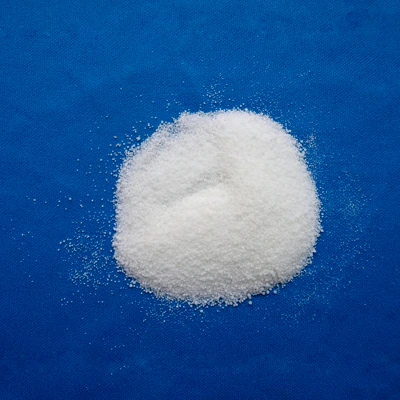Sodium bisulfate, also known as dry acid or pH reducer, is commonly used in pools for water treatment purposes. Here are some key uses of sodium bisulfate in pool maintenance:
1. pH Regulation: One of the primary uses of sodium bisulfate in pools is to regulate the pH level of the water. pH is a measure of how acidic or basic the water is, and maintaining the correct pH range (typically between 7.2 and 7.6) is crucial for swimmer comfort, equipment longevity, and the effectiveness of other pool chemicals.
2. Acidic Water Adjustment: Sodium bisulfate is an acidic compound that can be used to lower the pH of pool water when it becomes too alkaline. Alkaline water can lead to issues like scale formation, cloudy water, or reduced effectiveness of chlorine, so adding sodium bisulfate helps bring the pH back into the ideal range.
3. Alkalinity Control: In addition to adjusting pH, sodium bisulfate can also help control total alkalinity levels in pool water. Proper alkalinity levels help buffer pH changes and prevent rapid fluctuations, contributing to overall water balance and stability.
4. Calcium Hardness Adjustment: Sodium bisulfate can be used to lower calcium hardness levels in pool water if they are too high. High calcium hardness can lead to scale formation on pool surfaces and equipment, so sodium bisulfate can help mitigate this issue.
5. Convenience and Ease of Use: Sodium bisulfate is available in granular form, making it easy to handle and measure for pool owners and operators. It dissolves quickly in water, allowing for efficient distribution throughout the pool.
6. Compatibility with Other Chemicals: Sodium bisulfate is generally compatible with other pool chemicals, including chlorine, algaecides, and clarifiers, making it a versatile option for maintaining water balance in pools.
It is important to follow manufacturer instructions and guidelines when using sodium bisulfate in pools to ensure proper dosing and application. Regular testing of pool water parameters, including pH, alkalinity, and calcium hardness, is essential for maintaining water quality and a safe swimming environment.

